Society of Scholars
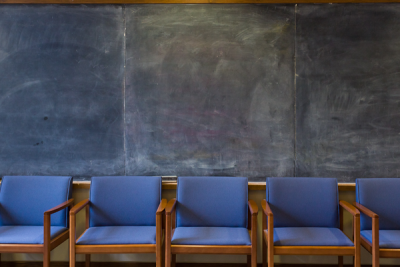
The Society of Scholars is an intellectual community of humanists of diverse generations, academic ranks, and departmental affiliations who contribute to and learn from one another’s work. Each year, approximately eight faculty and three dissertation research fellowships support members of the Society of Scholars. Scholars in year-long residence at the University of Washington may be invited to participate as well. The group meets biweekly throughout the year to discuss their research in progress.
Apply for the Fellowship (Faculty)
2025 - 2026 Society of Scholars
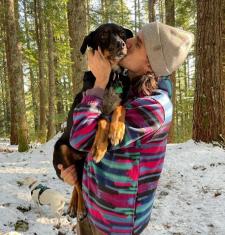
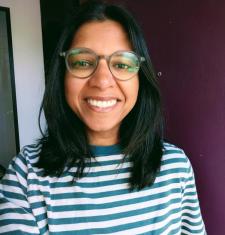
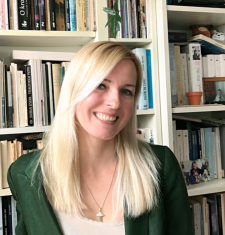
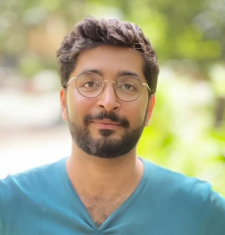

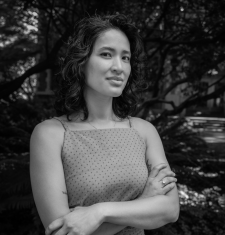
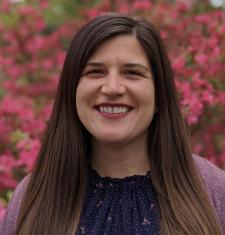
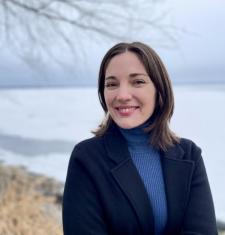
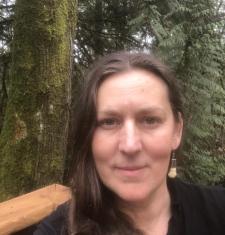
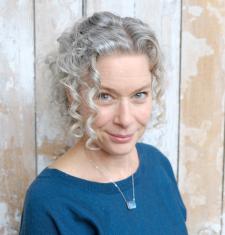
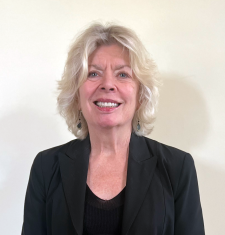
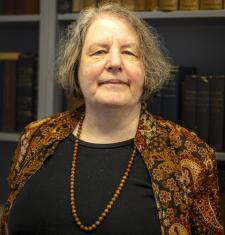
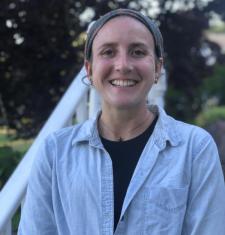
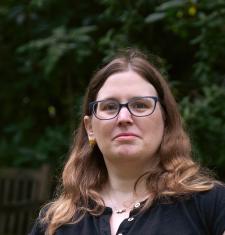

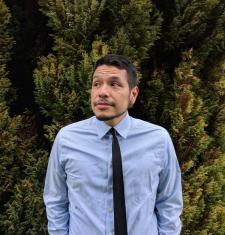
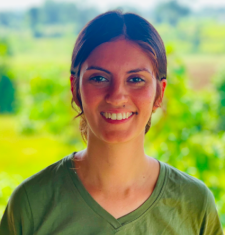

2017 - 2018 Society of Scholars Fellow
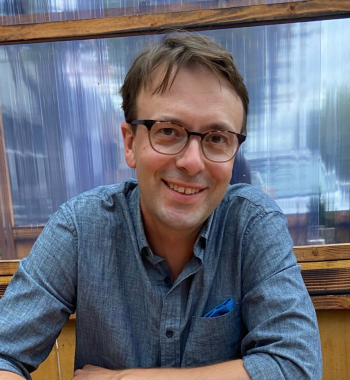
Jesse Oak Taylor (he/him/his)
Becoming Species: Literature, Science, and the Emergence of the Anthropocene
This project examines Victorian debates around evolution, extinction, and the status of species in light of the emergence of the Anthropocene, a proposed geological epoch in which human beings have become a force of nature. No aspect of the Anthropocene has proven more provocative, or controversial, than the species question: the idea that the human species has become a geological actor is counterbalanced by the fact that global ecological crisis is also marked by extreme inequality. Those most vulnerable to climate change are also those least responsible for it. Returning to Victorian debates over a similar set of questions offers a useful historical vantage on these pressing issues.